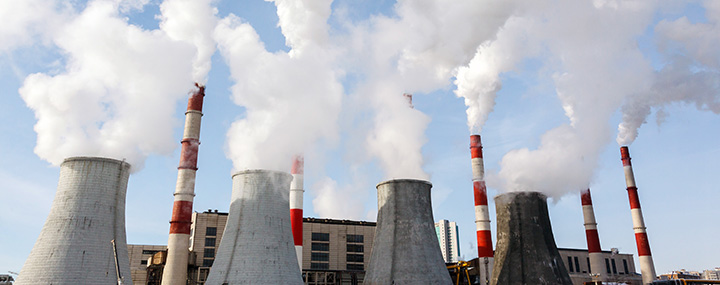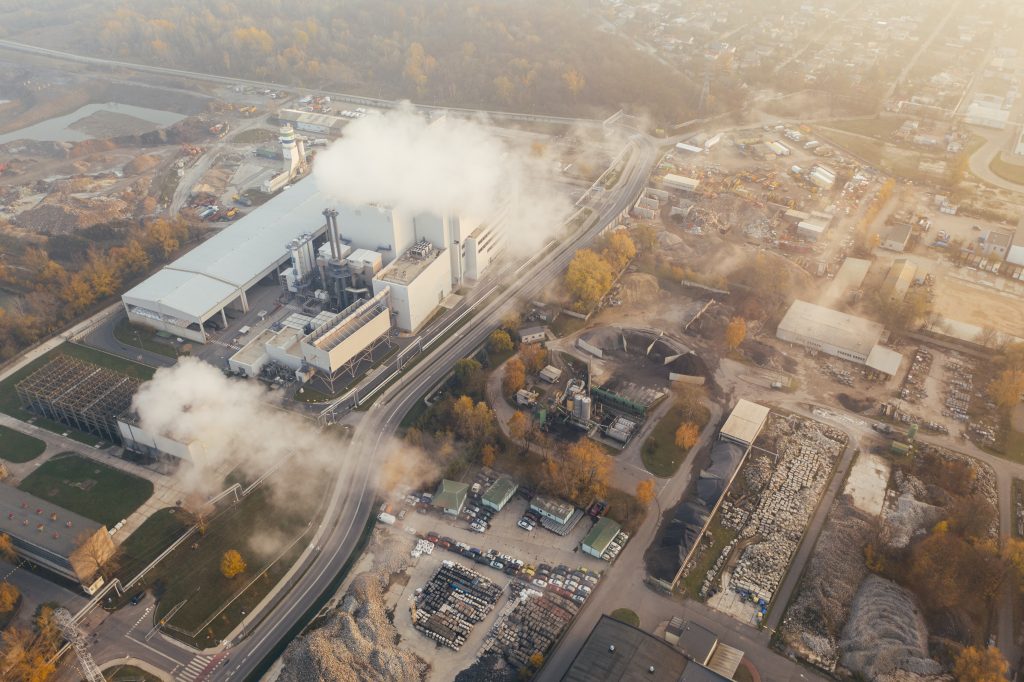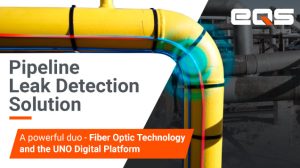Air Quality Assessment
All industrial players must be aware of their obligations, responsibilities, duties, and general principles of promotion of worker’s health and environmental protection.
EQS Global Health, Safety and Environmental Laboratory is accredited by the Portuguese Accreditation Institute (IPAC) according to ISO / IEC 17025: 2005, (Accreditation Scope in IPAC Website).




Certifications & Accreditations






Didn’t find what you’re looking for?
Click here and request a meeting.




